Optimal Water Treatment Scheduling
Water treatments are essential for maintaining water quality and ensuring proper system operation. The timing of these treatments can significantly impact their effectiveness and longevity of equipment. Proper scheduling depends on water usage, source water quality, and seasonal changes.
Spring and fall are ideal for comprehensive water treatments to prepare for seasonal changes and increased usage.
Performing treatments before peak usage periods helps prevent issues caused by sediment buildup and biological growth.
Treatments after repairs or maintenance ensure water quality and system integrity.
Regular testing guides the timing of treatments, especially when water quality fluctuates.
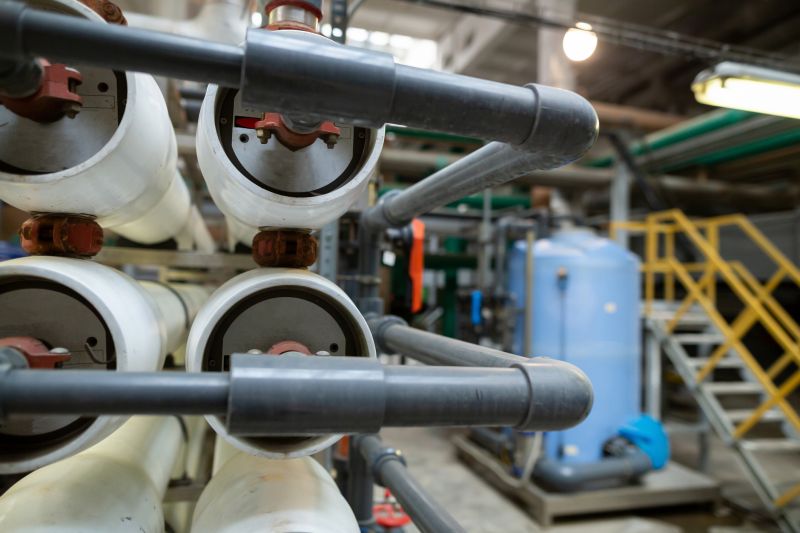
Properly maintained equipment ensures effective water treatment at the right times.
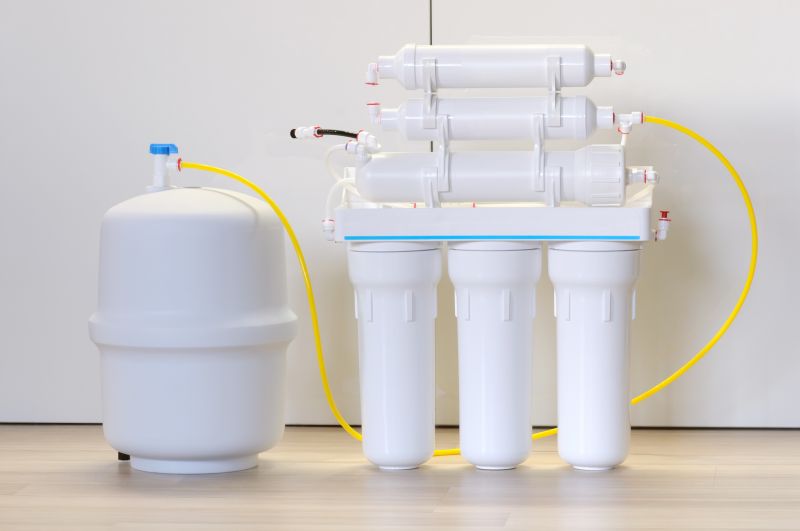
Regular testing helps determine the optimal timing for treatments.
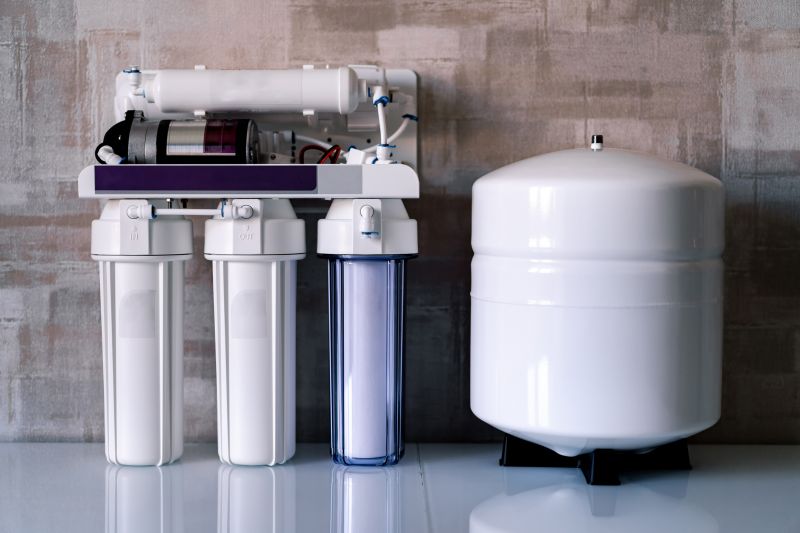
Safe storage of treatment chemicals is essential for effective and safe application.
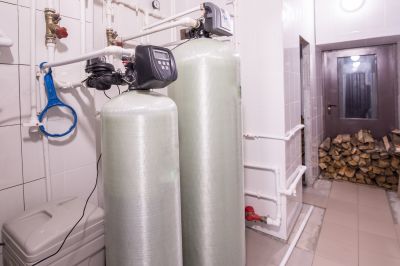
Ways to make Water Treatments work in tight or awkward layouts.
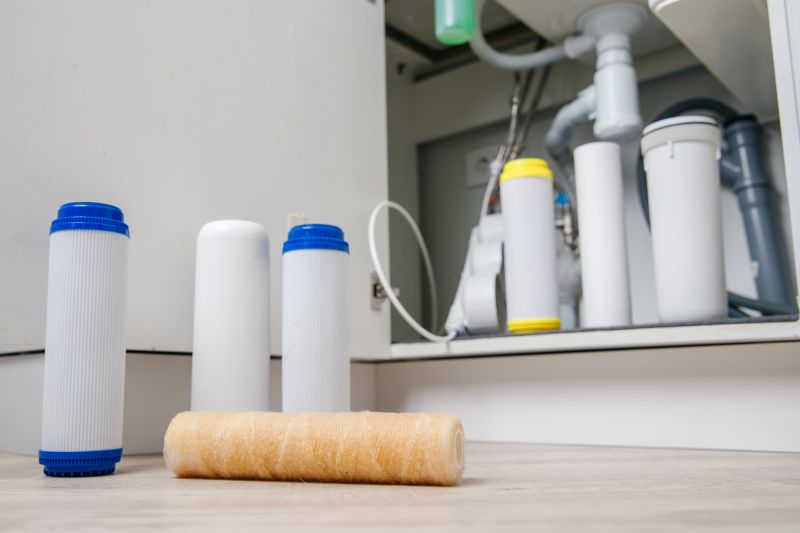
Popular materials for Water Treatments and why they hold up over time.
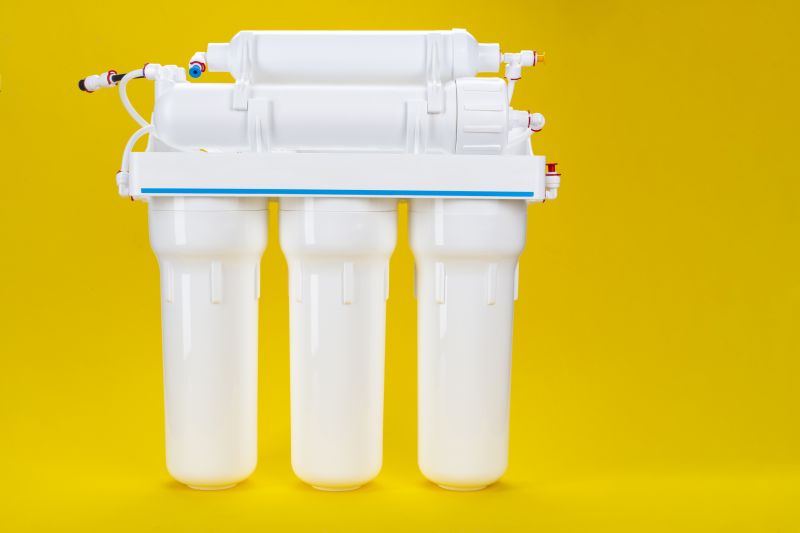
Simple add-ons that improve Water Treatments without blowing the budget.
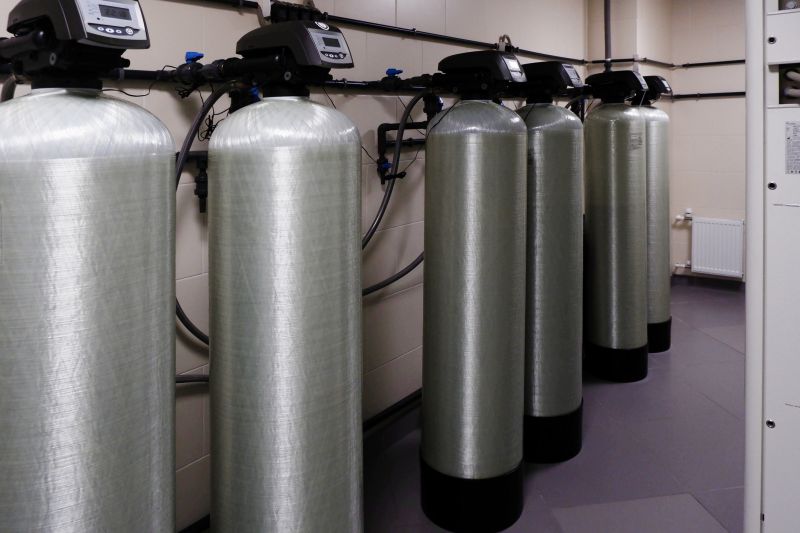
High-end options that actually feel worth it for Water Treatments.
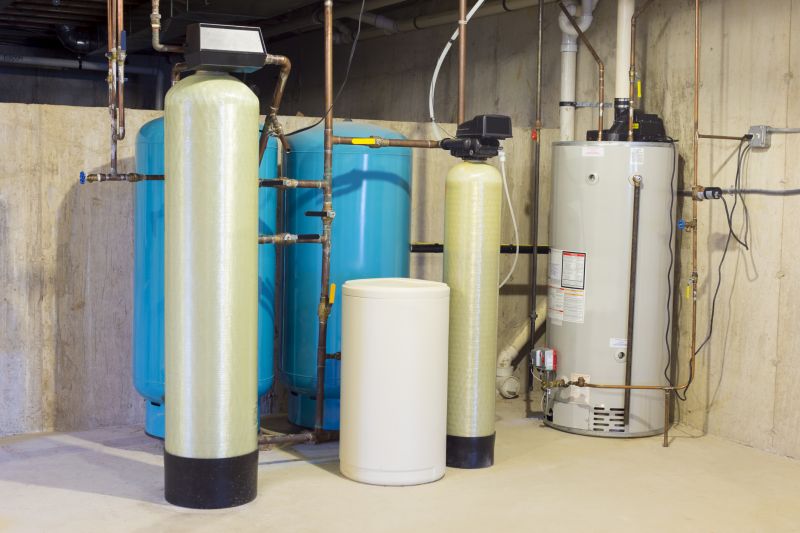
Finishes and colors that play nicely with Water Treatments.
| Best Time for Water Treatments | Key Considerations |
|---|---|
| Spring | Prepare for increased usage and biological activity. |
| Fall | Prepares system for winterization and lower temperatures. |
| Post-Maintenance | Ensures water quality after repairs. |
| Before Peak Usage | Prevents sediment and biofilm buildup. |
| When Water Quality Changes | Responds to source water fluctuations. |
Water treatments involve the use of chemicals, filtration, and disinfection processes to improve water quality. Proper timing ensures these processes are effective in removing contaminants, preventing scale buildup, and controlling biological growth. Statistics indicate that regular treatments can extend equipment lifespan by reducing corrosion and clogging. Seasonal adjustments are crucial, as water quality can vary with temperature, source changes, and usage patterns.
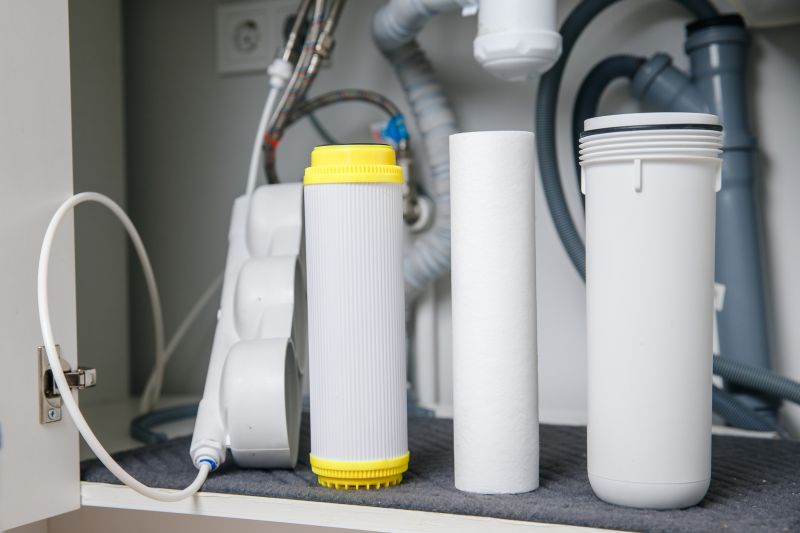
Includes filters, chemical feeders, and disinfection units.
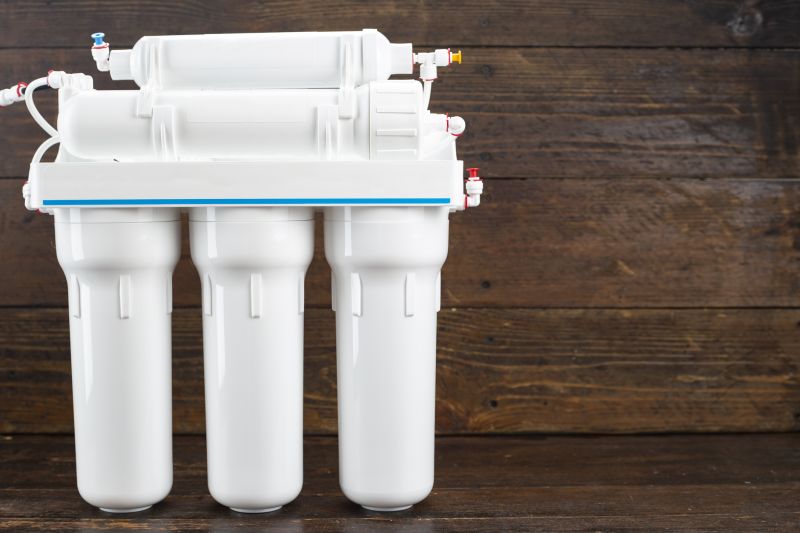
Regular testing ensures treatment effectiveness.
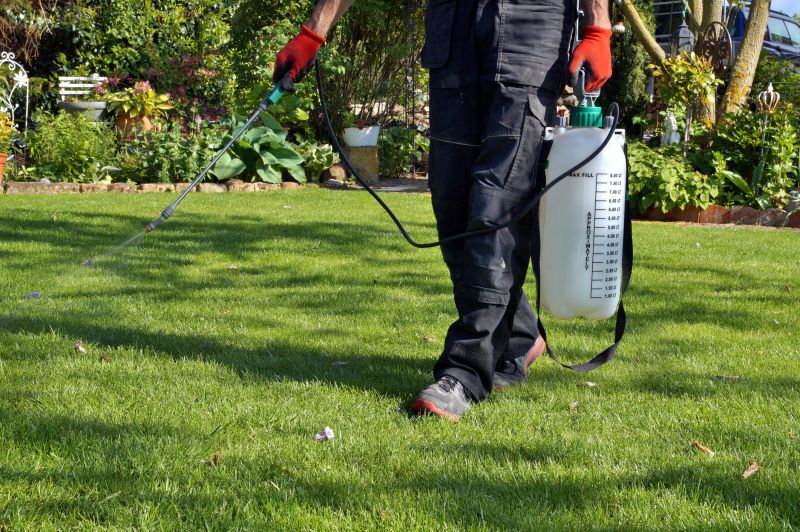
Proper timing maximizes efficiency.
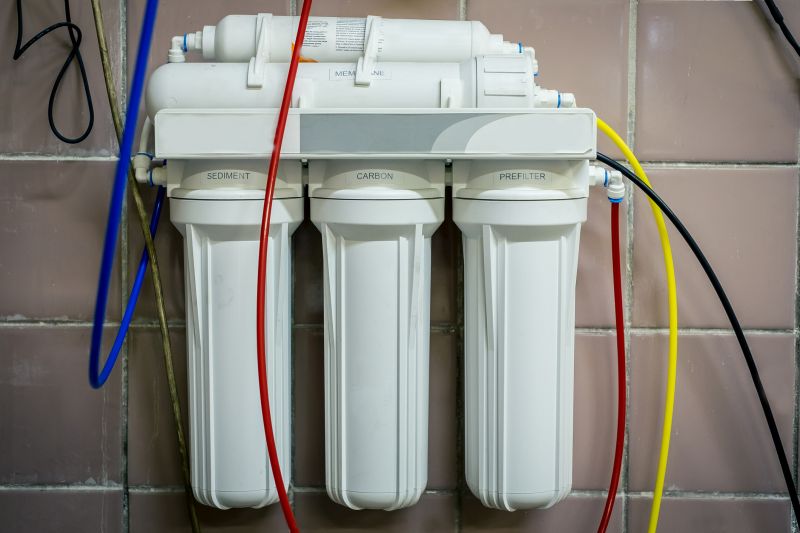
Keeps treatment schedules on track.
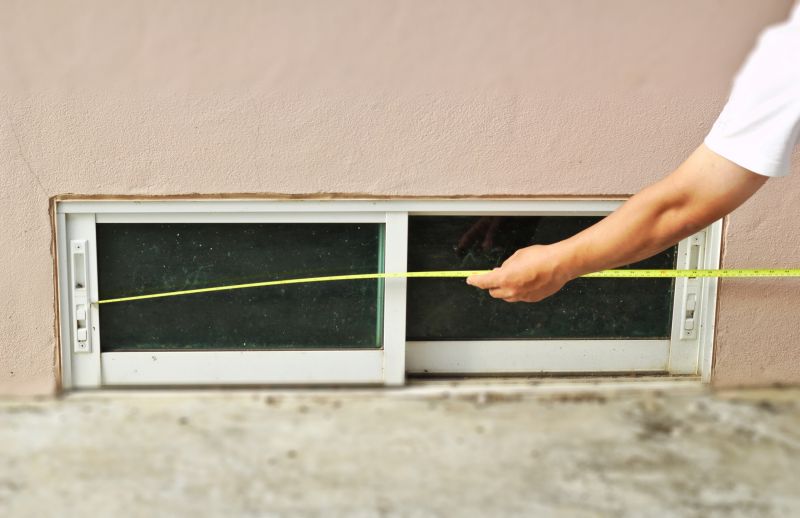
Little measurements that prevent headaches on Water Treatments day.
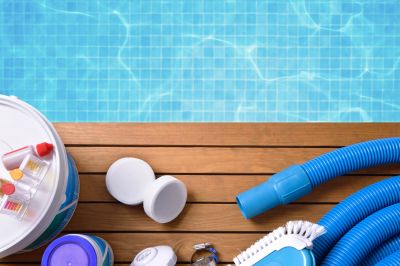
A 60-second routine that keeps Water Treatments looking new.
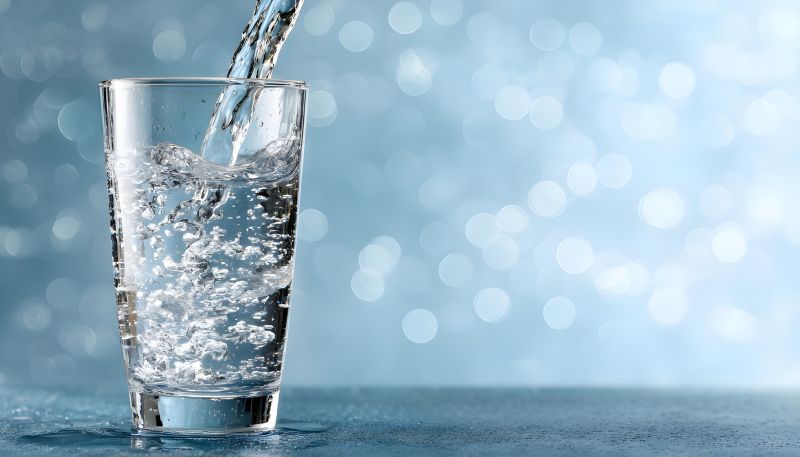
A frequent mistake in Water Treatments and how to dodge it.
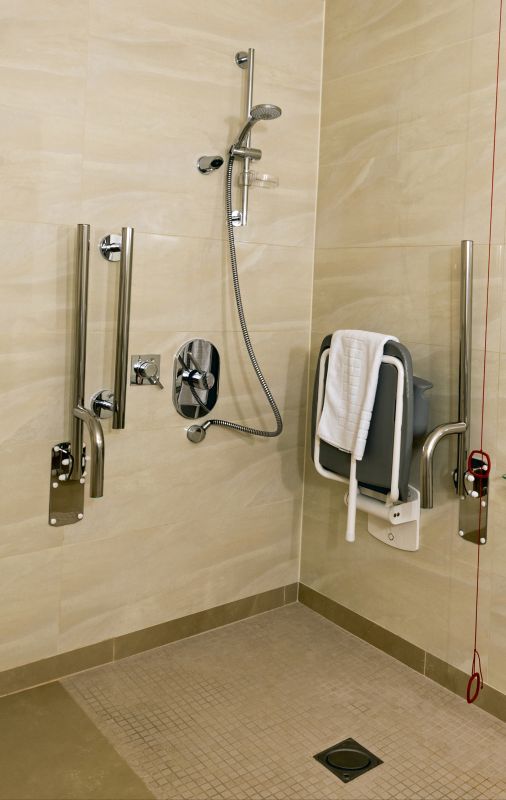
Small tweaks to make Water Treatments safer and easier to use.
For optimal results, it is recommended to schedule water treatments based on water usage patterns and quality data. Consulting with water treatment professionals can help determine the best timing for specific systems and water sources. Regular treatments not only improve water quality but also enhance the longevity of plumbing and equipment.
Interested in scheduling water treatments or learning more about maintaining water quality? Filling out the contact form provides an opportunity to receive tailored advice and scheduling options for Sevierville, TN.

